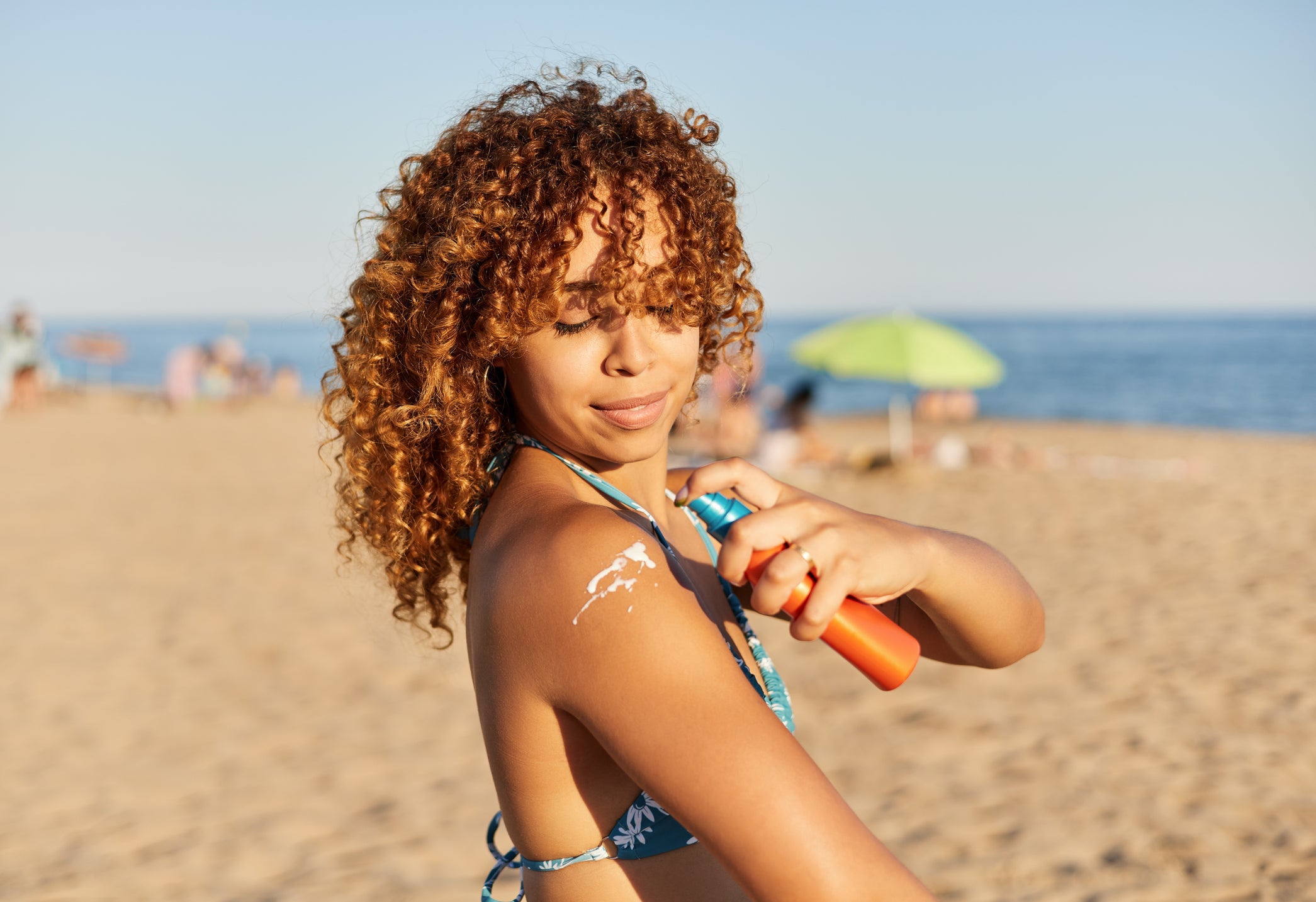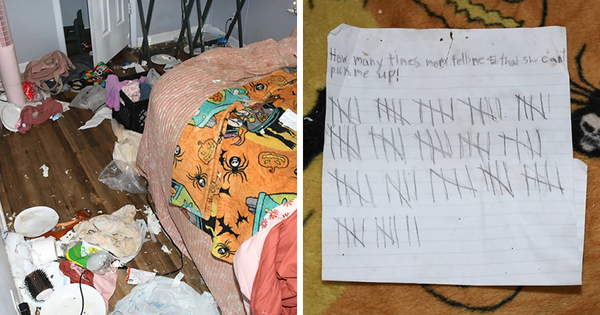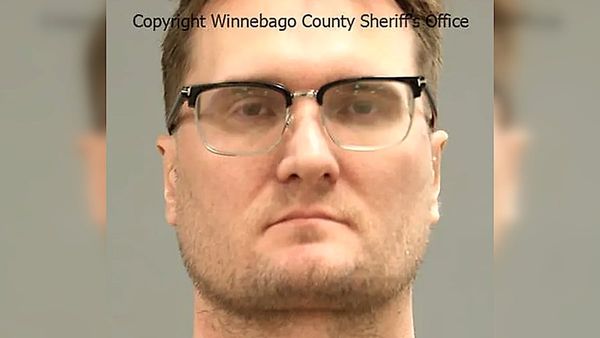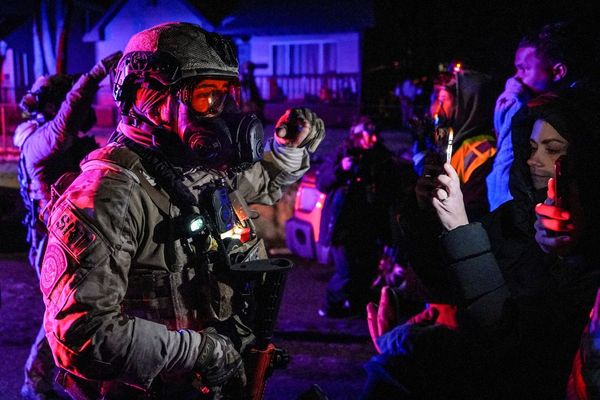Australian regulators have confirmed that nearly 20 new sunscreen brands have been withdrawn from sale after tests showed they fell far short of their advertised levels of protection, deepening a scandal that has rocked the country since June this year.
The Therapeutic Goods Administration, or TGA, said it had “significant concerns” about a common base formula supplied by Wild Child Laboratories that was used in dozens of sunscreens sold nationwide.
Preliminary testing indicated that some of these products claiming to provide SPF50+ protection in reality offered as little as SPF4.
“The preliminary testing indicates that this base formulation is unlikely to have an SPF greater than 21,” the TGA said in an update.
Alarm about sunscreens was first sounded in June when the consumer advocacy group Choice tested 20 popular products marketed as SPF50 or higher and found that 16 fell far short of providing the claimed protection, including big brands such as Bondi Sands, Banana Boat and the Cancer Council.
The worst result came from Violette’s Lean Screen SPF50+ Mattifying Zinc Sunscreen, which was labelled SPF50+ but tested at just SPF4.
A spokesperson for Ultra Violette, however, claimed the company had conducted an urgent SPF test of the sunscreen in April, which returned a result of 61.7, consistent with its original finding.
The company added that it had not received any substantiated report of sunburn. It said Choice’s findings weren’t “even remotely accurate” and suggested human error during testing was the most likely explanation.
Choice’s director of testing, Matthew Steen, acknowledged that there was “always variability in testing”, but said that the gap between the protection claims made by some brands and what the group’s tests revealed was “quite stark”.
Following a voluntary recall in August, Choice repeated the test on a different batch of the sunscreen using a German laboratory, which produced almost identical results.
The latest review by the TGA has only deepened the scandal. Eight of the 21 products it identified have been recalled or their manufacture ceased, while 10 more have seen their sales suspended.
Two products are still under investigation.
Wild Child has since halted production of the controversial base formula, the TGA said.
The company’s chief executive, Tom Curnow, said in a statement that the regulator had identified no faults at its manufacturing facility, and blamed the discrepancies on “industry-wide issues”, particularly the testing conducted by US-based Princeton Consumer Research Corp.
The regulator has echoed concerns about PCR Corp’s methodology. It was “aware that many companies responsible for sunscreens manufactured using this base formulation relied on testing by PCR Corp to support their SPF claims”.
The TGA has contacted the US lab, but has not received a reply so far. It has also contacted other companies that used the base formula.
Mr Curnow said his company had stopped working with PCR Corp and instead sent its formulas for testing to other accredited labs.
The Independent has reached out to PCR Corp for comment.
The TGA advised consumers who have purchased one of the identified sunscreens “to consider using an alternative product until the TGA completes its review”.
Australia has the highest rate of skin cancer in the world, with two in three citizens expected to have treatment for at least one melanoma or related condition in their lifetimes.
The country enforces some of the strictest sunscreen regulations globally, meaning this scandal has sparked widespread outrage and unease.
Experts warn that the revelations may have global consequences since many of the implicated products are sold abroad as well and rely on the same testing standards now under scrutiny.

The TGA indicated an overhaul of SPF testing protocols, which it acknowledged could be “highly subjective”.
“It would be a real shame if people decided sunscreen was not useful, or that it did not matter, or even products with lower scores are ineffective, because the science shows that’s not true,” TGA chief Ashley De Silva said earlier. “There is a big gap between the SPF rating, but a very small gap in effectiveness.”
In a statement, Choice said: “While the TGA investigation continues, we’re calling on sunscreen companies to confirm which lab verified their latest SPF results. Given the questions surrounding PCR, consumers are looking to brands to provide reassurance that their favourite sunscreen product is backed by strong testing practices.”
The regulator’s announcement, the group said, “highlights, yet again, the importance of the TGA’s investigation and the need for changes to how sunscreens are regulated and tested in Australia”.
Australian prime minister urges China to resume iron ore imports after reported trade disruption
Nato ‘united and prepared to defend its airspace decisively’, says No 10
Scientists find new bite-resistant wetsuits can reduce shark bite injuries
FBI director gifts illegal replica pistols to New Zealand spy chiefs
New Zealand government faces backlash for not recognising Palestinian state
The predator that normally eats its rivals wins prestigious bird award







